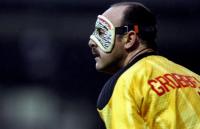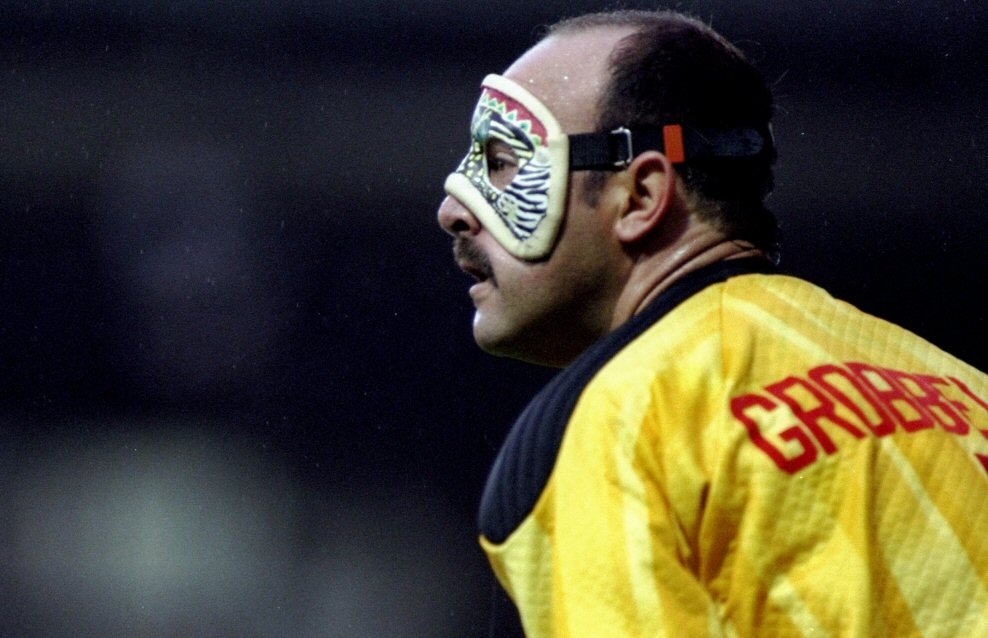 Match fixing has increasingly been coming to the fore around Europe with the latest scandals in both Turkey, Greece and Korea showing just how serious the practice is. The latter has seen 10 high-profile players banned for life in relation to fixing and with a further 46 more indicted earlier this month. It’s a worrying trend, as pointed out by New York Times chief football correspondent Rob Hughes.
Match fixing has increasingly been coming to the fore around Europe with the latest scandals in both Turkey, Greece and Korea showing just how serious the practice is. The latter has seen 10 high-profile players banned for life in relation to fixing and with a further 46 more indicted earlier this month. It’s a worrying trend, as pointed out by New York Times chief football correspondent Rob Hughes.
He said, “FIFA and Interpol would claim detection is on the rise. My own view is that match-fixing is beyond control because football reacted far too late, Internet betting encourages it and, call me old fashioned, because the players today have less respect, decency or dare we use the word love of sport, all sport.”
We can agree with the first part and that would explain why we’re hearing about many more cases. His musing that Internet betting encourages it all is a little way off the mark though.
This is obviously his opinion but we’d like to cast Hughes’ mind back to the early nineties – 1994 to be exact. Bruce Grobbelaar and two others, Hans Segers and John Fashanu, were accused of fixing games for a betting syndicate and they were cleared of any wrongdoing.
Now we know that the Internet existed back then. It was hardly widespread and was in its relative infancy though so it disproves what’s being said.
Hughes has also failed to pick up fixing that takes place to do with teams wanting to win titles. You only have to look at the highest-profile scandal of the last decade – Calciopoli in 2006. It stemmed from the fact officials from certain teams were so focused on league positions and European qualification that they fixed games – mostly of the time paying off referees.
Again the catalyst for Turkey’s scandal is Fenerbahce wanting to win the title and might have done so by fixing the final game of the season – again not a mention of Internet betting in there at all.
Obviously there have been examples of individuals trying to fix matches using internet betting as a way to put their wagers on. It’s not happening because of that though. People would still bet against each other and try to influence the outcome whether Internet gambling were there or not. As for the scandals that are currently being played out it’s unlikely to be the last time that the destination of titles is influence by fixers.
